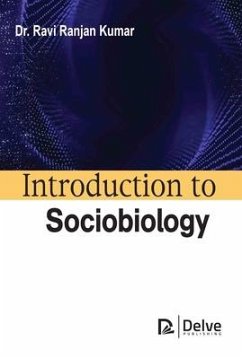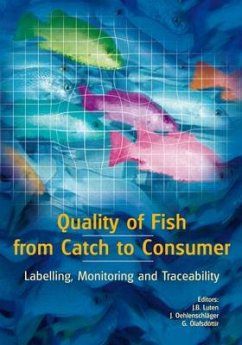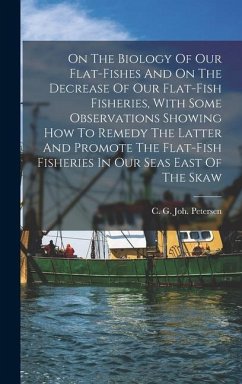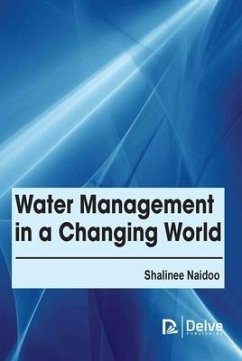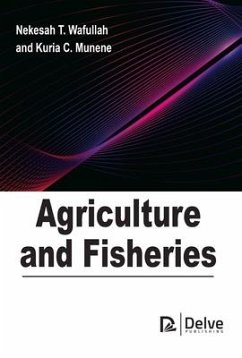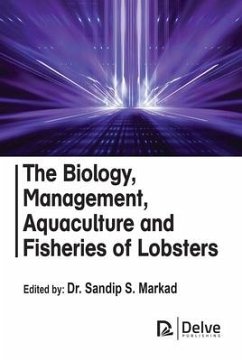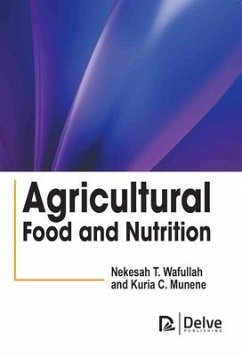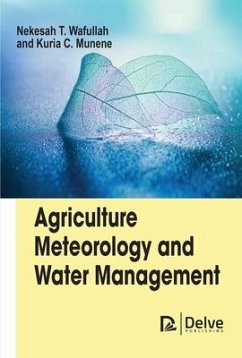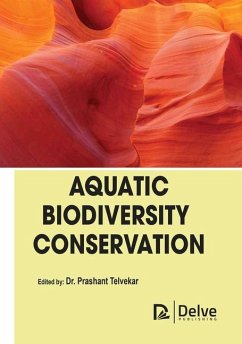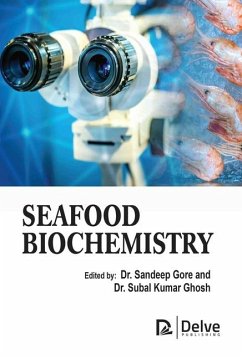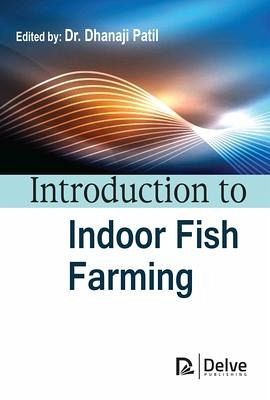
Introduction to Indoor Fish Farming
Versandkostenfrei!
Versandfertig in über 4 Wochen
122,99 €
inkl. MwSt.

PAYBACK Punkte
61 °P sammeln!
World population is growing exponentially with increasing demand in food security. Aquaculture is one of the fastest-growing, food-producing sectors accounting for nearly 50% of the world's fish production. Aquaculture is culture of aquatic plants and animals in aquatic environment. Last few decades, aquaculture is becoming more reliable, efficient and sustainable source of high quality food production. Though, its major goal is to produce aquatic food for human consumption, but also has other goals, such as ornamental and sport fish cultivation. It also reduces stress on capture fishery which...
World population is growing exponentially with increasing demand in food security. Aquaculture is one of the fastest-growing, food-producing sectors accounting for nearly 50% of the world's fish production. Aquaculture is culture of aquatic plants and animals in aquatic environment. Last few decades, aquaculture is becoming more reliable, efficient and sustainable source of high quality food production. Though, its major goal is to produce aquatic food for human consumption, but also has other goals, such as ornamental and sport fish cultivation. It also reduces stress on capture fishery which under threat due to over-fishing, habitat loss or other changes due to possible pollutants they have consumed or been exposed. However, aquaculture technology is continuously advancing through technological innovation to maximise yield/ha with less inputs and impact on environment. The farming of aquatic animals in controlled environment such as tanks, ponds or RAS in indoor premises is known as indoor fish farming. Indoor fish farming is one of the source of animal protein production to this day, especially in locations far from the sea. It allows fish to be raised in a controlled and optimised environment with increased control on water quality, feeding and diseases monitoring. Though, it requires significant initial investment, planning and expertise to establish, but has more advantages over open culture. Moreover, it is possible in urban area or area where land and water scarcity. Optimal water quality for the good health and growth of cultured fish species is achieved through proper oxygenation, feeding, filtration and removal of waste products to get control on ammonia, nitrate and nitrite. It too offers potential benefits in terms of water conservation, reduced environmental impact, efficient resource utilization, optimal FCR and risk of fish escapement. This book scientifically focuses on advances, operation, economics, management as well as challenges and safety in indoor aquaculture along with its impact on human beings. This book also touches SSFs, capture fisheries and its subsequent management. This book potentially serves as a manual for interested aquaculturist, policy makers as well as students pursuing graduation, post-graduation and research studies.



